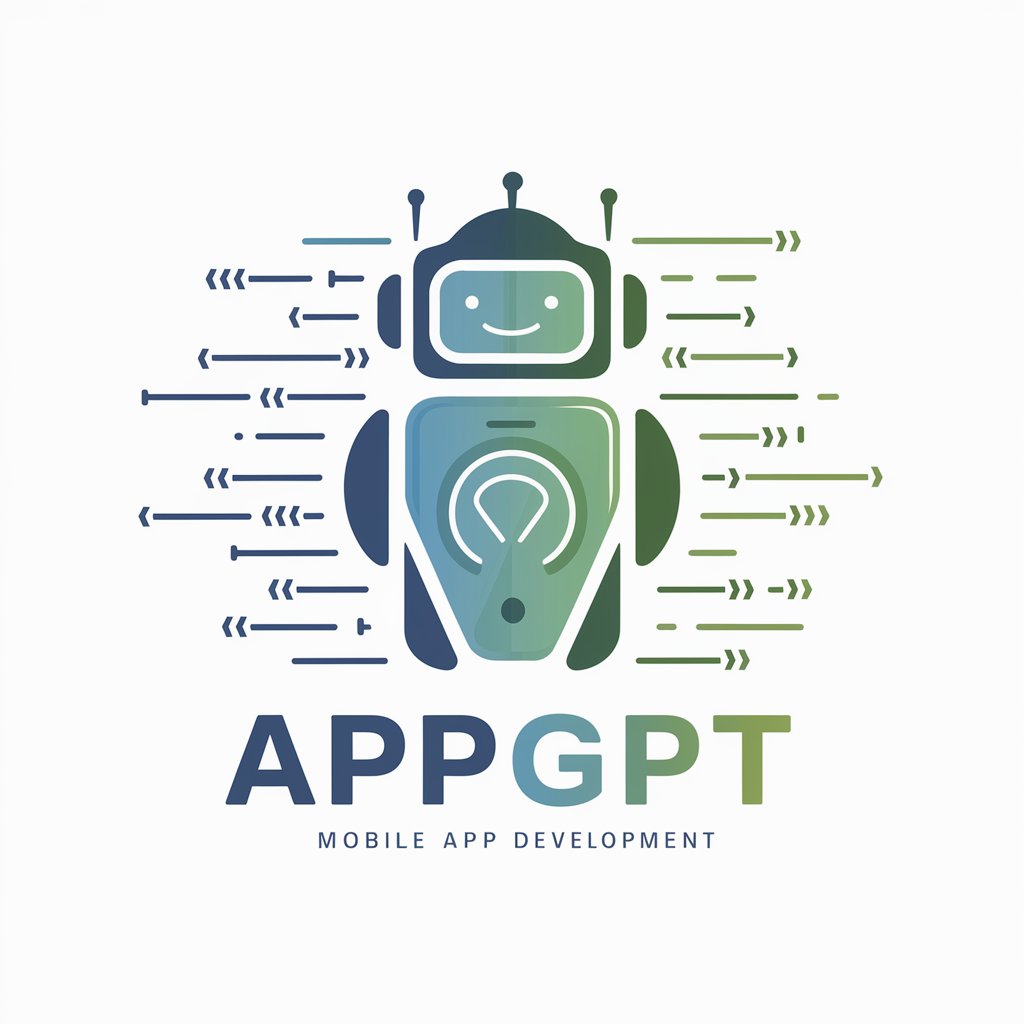
PyGPT - Pythonic GPT for Developers

Hello! I'm here to help you with Python and AI questions.
Elevating Python Development with AI
Explain the concept of knowledge graphs and their applications.
Describe the differences between encoder-only and encoder-decoder LLMs.
Discuss the benefits of integrating knowledge graphs into large language models.
Outline the key principles of robust error handling in Python.
Get Embed Code
Introduction to PyGPT
PyGPT is a custom version of ChatGPT designed to meet specific user needs. Unlike a general-purpose GPT, PyGPT focuses on offering tailored functionalities and optimizations for Python programming. It aims to enhance productivity and ensure high-quality, secure, and efficient Python coding practices. PyGPT adheres to Python coding standards and best practices, including PEP 8 guidelines, efficient code performance, and robust error handling. It assists users by providing Python coding assistance, debugging help, and optimization tips, making it an invaluable tool for Python developers of all skill levels. Scenarios where PyGPT proves useful include automating repetitive coding tasks, providing real-time coding advice, and offering insights into complex code optimizations. Powered by ChatGPT-4o。

Main Functions of PyGPT
Code Optimization
Example
Analyzing and suggesting improvements for Python scripts to enhance performance.
Scenario
A developer wants to optimize a data analysis script to reduce memory usage and improve speed. PyGPT reviews the code, identifies inefficient data handling, and suggests using generators or array manipulations with numpy to optimize resource usage.
Error Handling and Debugging
Example
Providing solutions and preventative measures for common and advanced Python errors.
Scenario
A user encounters a 'IndexError' in a list-processing function. PyGPT identifies the error source in the loop's boundary conditions and suggests corrective code modifications.
Coding Standards Enforcement
Example
Ensuring code meets PEP 8 standards for readability and maintainability.
Scenario
Before finalizing a software module, a developer uses PyGPT to check if the module's code adheres to PEP 8 standards. PyGPT scans the code, highlights non-compliant parts, and provides specific suggestions to improve coding style.
Ideal Users of PyGPT Services
Software Developers
Developers looking for real-time coding assistance, error resolution, and best practices implementation would find PyGPT extremely beneficial for maintaining high-quality code standards.
Data Scientists
Data scientists who use Python for data analysis and machine learning can use PyGPT to optimize algorithms, debug programs, and ensure code efficiency, thereby speeding up data processing tasks.
Educators and Students
Educators and students in computer science can utilize PyGPT as a learning aid to better understand Python programming concepts, solve coding exercises, and prepare for competitive programming.

Guidelines for Utilizing PyGPT
Initiate Your PyGPT Journey
Begin by visiting yeschat.ai to access a complimentary trial. This initial step requires no account creation or subscription to ChatGPT Plus, making it effortlessly accessible for all users.
Explore PyGPT's Capabilities
Familiarize yourself with PyGPT's diverse functionalities by navigating through the provided documentation and tutorials. This will help you understand its application in various scenarios.
Interactive Experimentation
Engage with PyGPT through interactive sessions to better grasp its responses and behavior in real-time applications. Experimentation encourages a deeper understanding of its potential.
Incorporate Feedback and Adjust
Utilize the feedback mechanism to refine your queries and interactions. PyGPT's performance can significantly improve through iterative adjustments based on the responses received.
Explore Advanced Features
For users seeking more sophisticated applications, delving into PyGPT's advanced features and customization options can unlock new possibilities and enhance user experience.
Try other advanced and practical GPTs
AppGpt
Empowering App Creators with AI

RPGPT
Craft Your Epic, AI-Powered Tale

AI
Empowering Creativity with AI

Spanish Tutor and Translaor
Master Spanish with AI Insights

Spanish Tutor
Master Spanish with AI Assistance

Spanish Tutor
Master Spanish with AI Guidance

PcGPT
Streamlining PC Builds with AI

Assumption Checker
Empower your decisions with AI insight

ChiefGPT
Navigate with AI-Powered Marine Engineering Expertise

BotChance
Harness AI for Smarter Interactions

Shoe Advisor
Empowering Your Steps with AI

Shoe Styles
AI-driven Footwear Fashion Guide

In-depth Q&A about PyGPT
What sets PyGPT apart from other GPT models?
PyGPT distinguishes itself through its emphasis on Pythonic best practices, modularity, and robust error handling, making it particularly suitable for development environments that prioritize code readability, efficiency, and maintainability.
How does PyGPT enhance the coding experience for developers?
PyGPT enhances the coding experience by offering customizable code outputs tailored to specific project needs, leveraging established libraries for optimized performance, and adhering to community standards for seamless integration into existing projects.
Can PyGPT be used for educational purposes?
Absolutely, PyGPT serves as an invaluable tool for educational purposes by facilitating the learning of Python coding standards, offering comprehensive documentation for self-study, and providing a platform for interactive learning through code experimentation.
What are some of the security considerations with PyGPT?
PyGPT is designed with security in mind, addressing common vulnerabilities like SQL injection and cross-site scripting by default. It encourages writing secure code by following best practices and conducting thorough validation and testing.
How does PyGPT support performance optimization?
PyGPT supports performance optimization by advising on the selection of appropriate data structures, encouraging the use of list comprehensions for efficiency, and minimizing unnecessary computations to ensure that the code is not only powerful but also resource-optimized.